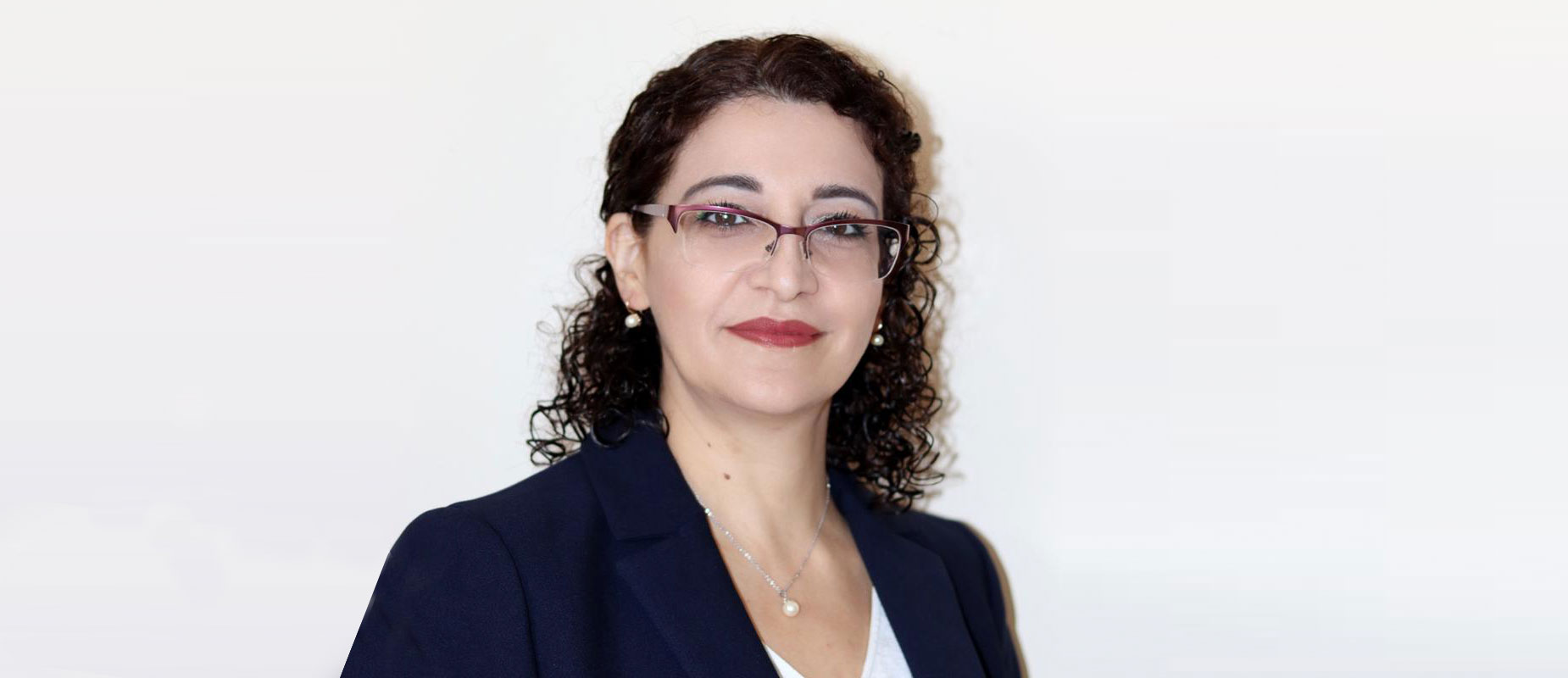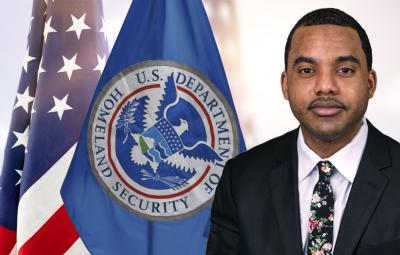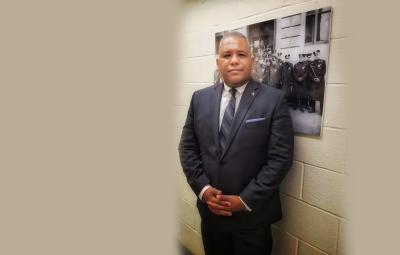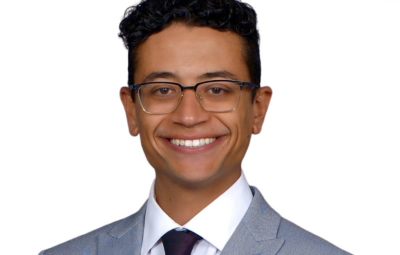
Gohar Petrossian, Ph.D., is at the forefront of research on crimes against wildlife. Her latest study with doctoral students Bryce Barthuly and Monique Sosnowski for The Pew Charitable Trusts analyzed key players involved in transshipment—transferring fish from a boat at sea to a boat that transports the fish to port—and how it facilitates, encourages, and empowers illegal fishing.
What are the criminal acts happening during global transshipments?
The transshipment itself is not a prohibited act. Where it becomes a problem is when the fishing vessels take advantage of their freedom in what we call the high seas. Countries are responsible for maritime areas up to 200 nautical miles off their coast, this is called the exclusive economic zone (EEZ). Anything in your EEZ is your responsibility to patrol but anything beyond those 200 nautical miles is the “high seas” and nobody’s patrolling those waters. There is no oversight of those areas and bad actors overfish.
How are operators getting away with this illegal fishing?
They use what we call a flag of convenience or open registry flags. There are countries who “sell” their flags because it’s an income for them. Let’s say I own a Chinese vessel. I can buy a Panamanian flag and now that Chinese vessel becomes a Panamanian vessel. If my vessel is caught illegally fishing, the only country that can hold me accountable is Panama, because that’s the flag my vessel is carrying. But before anything can be administratively processed or a fine given, my vessel changes flags and now Panama can’t do anything because my vessel carries another flag, so I’m not held accountable.
Is there a negative impact to the crew onboard these vessels?
Operators of vessels staying out in the ocean for extended periods of time engage in labor trafficking, human rights abuses, mental and physical abuse, and sometimes even murder. These fishermen stay on these vessels for years, with no contact to those on land and no need to go back to land because the transshipments bring them crew, oil, and supplies. There was one case where a Chinese vessel stayed in the ocean fishing for six years without going back to land.
What did you learn from your research?
We were hoping to gain an understanding of who the key players doing transshipments are and, applying criminological thinking, explore where targeted interventions can take place. If you want to create targeted policy to regulate or monitor a situation, you need to know who is involved in the first place. Our goal was to identify the facilitators, the organizations, the owners of the vessels, and learn how extensive and complex their network is.
How do you hope this research will change global transshipments?
Now that Pew has this research, our hope is that they have empirical support to their argument that we should be thinking more seriously about transshipments and how they facilitate illegal fishing and related crimes. Pew is also talking to international bodies, engaging them in a dialogue to see what can be done about banning or monitoring transshipment. It’s not just about the fish now, it’s about everyone being affected.



